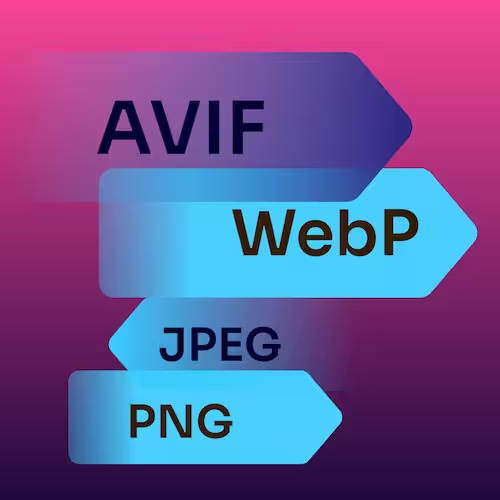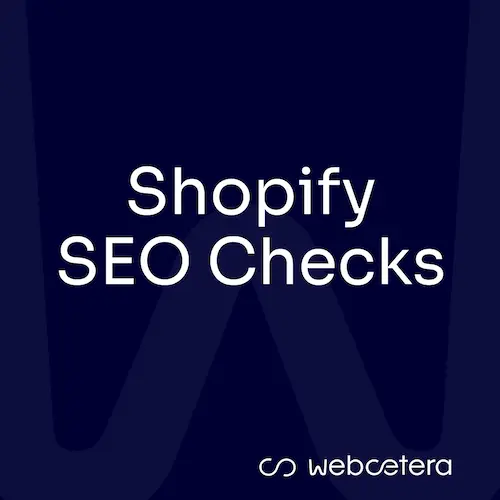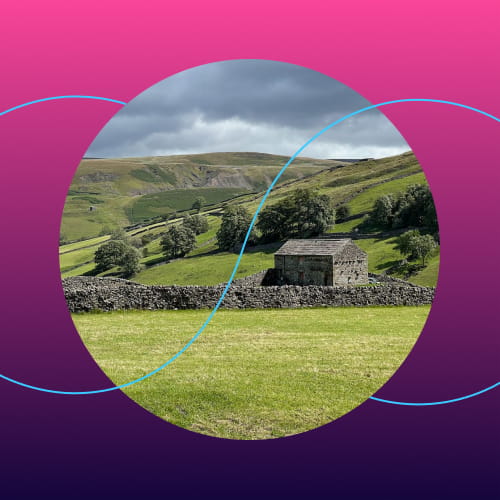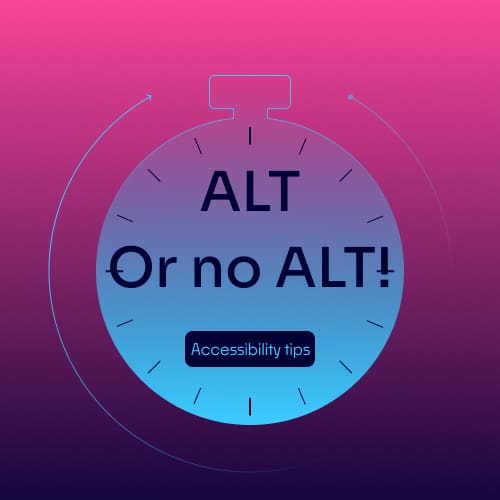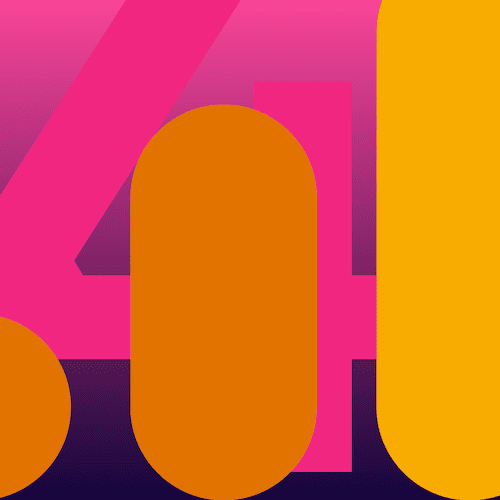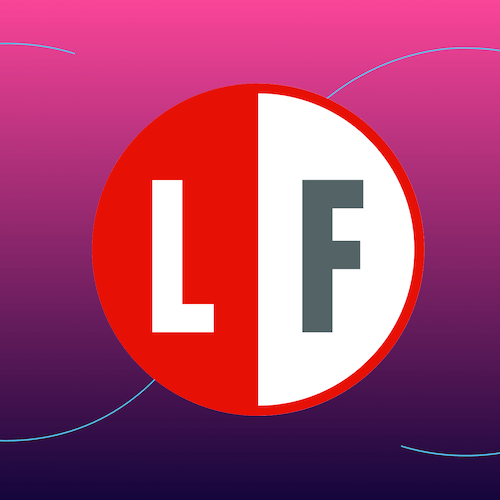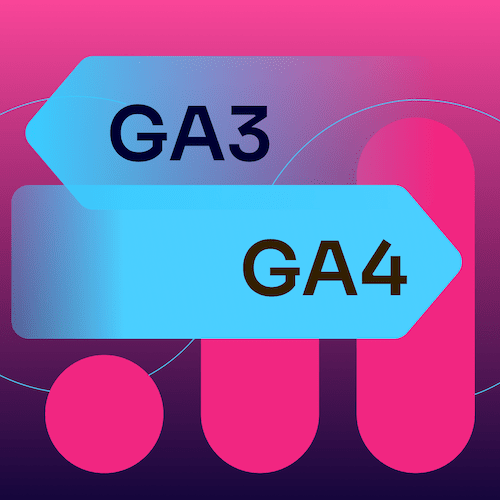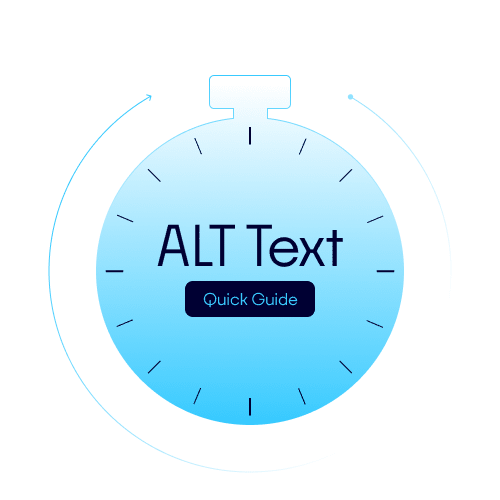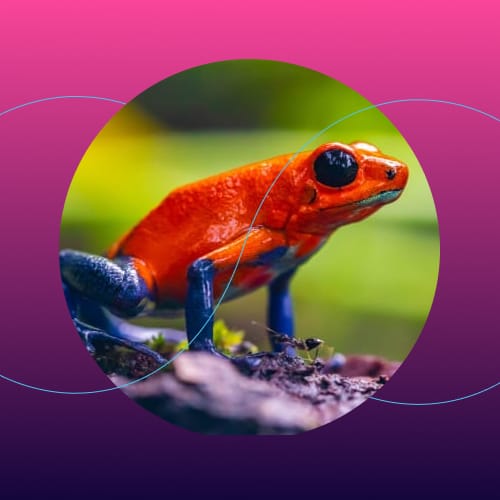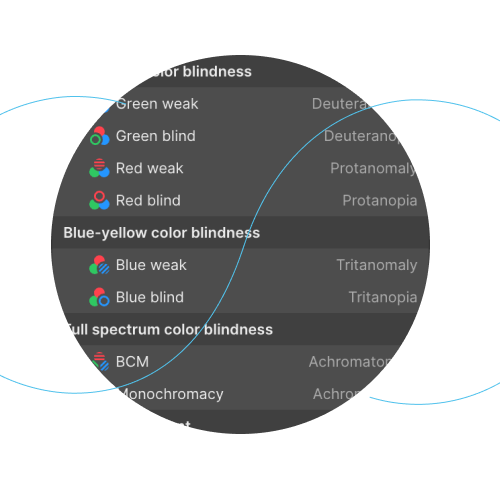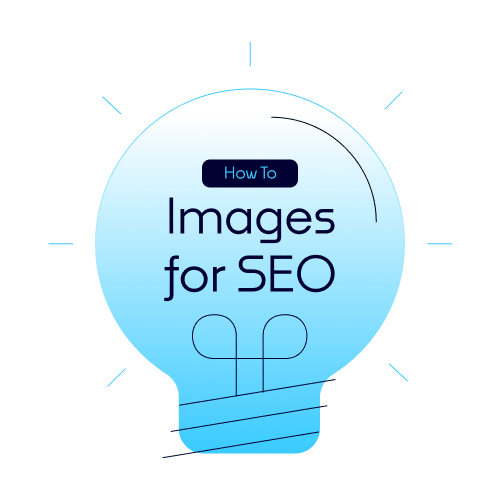Search Engine Optimisation (SEO), is about doing all you can to improve the overall quality of your website to help it be organically listed as high as possible in the search engine results pages.
SEO is about organic results, search results that appear without paid advertising.
Your website should adhere to good practices as laid out by the major search engines, in particular Google, who provide a very useful online SEO guide.
Search engines want to serve high quality, relevant content to their customers. They want pages that load fast and are mobile friendly.
Over 60% of web searches now take place on a mobile device!
Here is a top level explanation of SEO.
Quality Content
The adage "Content is King" is more important than ever. Google is clever at recognising natural, well written and informative content.
Make sure your content adds value for the reader. If they are searching to find out about a subject and your content answers this in a clear and concise way then this will add a ranking weight to the page.
Make sure your spelling and grammar are good. If writing isn't your strength but want to give it a go, tools like Grammarly can help no end.
Technical SEO
Technical SEO and on-page SEO have a big overlap, but I think there are some key differences that make it worth separating out.
Make sure your website loads fast. This means that the code is written efficiently and that the website is served by a quality host. Caching and is a feature that will greatly help in this regard, as will using a Content Delivery Network (CDN) such as Cloudflare.
A responsive website is crucial for more than SEO. It's a critical part of any website to make sure that your web pages are clearly viewed on all devices such as mobile and tablets.
301 redirect are important for pages that you alter the URL or if you have a new page that you want to show instead. A 301 redirect will tell search engines that have indexed page1.html to redirect to page2.html instead.
On-page SEO
On-page search engine optimisation is about making sure your website is set up according to good practice guidelines set out by the search engines.
You should, at a bare minimum, check each of your web pages for the following:
- URL - Does the URL (slug) of the website spell out the page's subject? See the URI of this page, which is "../what-is-search-engine-optimisation" with dashes where the spaces would be.
- Page Titles - The HTML title of the page should describe the subject and be approximately 30 - 60 characters long. Ideally, it will be different from the page's first main heading, which can be slightly more descriptive as required.
- Meta Description - The meta descriptions don't have a direct SEO impact, but it is what is displayed in the Google SERP. A good length would be between 70 and 155 characters, but there are no defined rules here, and Google does keep experimenting with its SERP. As such, it is beneficial for the person searching to see what the page will be about and as a consequence, will improve the Click Through Rate, which does have a SEO impact.
- Order of headers - The content of your page will have headers (H1, H2, H3 etc.) that separate the page copy. Make sure they are in order of H1, H2 and so on as
- Duplicate Content - No two pages should be the same or very similar. If you have two very similar pages, you compete with yourself for Google's attention. To counter this, consider either merging the content into just one page.
- ALT Text - Alt text is text that is added to the metadata of an image to tell screen reader what to read out for the blind or visually impaired. It is also a crucial element of website accessibility. ALT text should describe the image and shouldn't be used purely to add keywords to the page.
There is much more to consider when it comes to on-page SEO and you will find it's a never-ending job. More advanced on-page SEO elements such as structured data, canonicalisation and much more can be researched online and in books, but the above will get you started.
Off-page SEO
Off-page SEO is the work you do to get traffic from other mediums to your website. A common way to do this is by having other, authoritative websites to link to your website.
Links from other websites to yours are called ‘backlinks’. Typically, a link within an article written about your business or a product you offer.
Backlinks from ‘authoritative’ websites are one of the most powerful way of improving your own website rankings, but be careful. A lot of links from poor quality websites or websites known to be spammy, can have a negative effect.
Get in touch
To find out more about how we can assist with your website and its SEO, drop us a line on 01724 410480 or contact us via our contact page.

